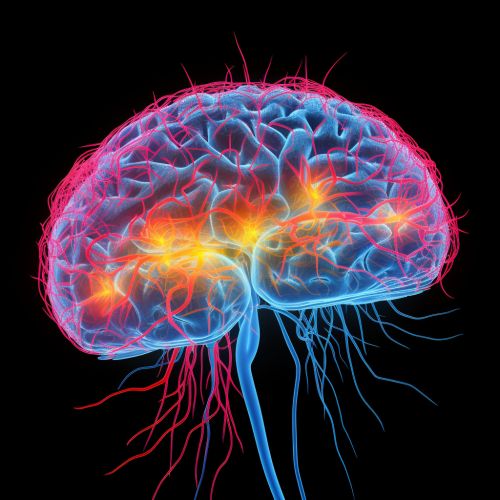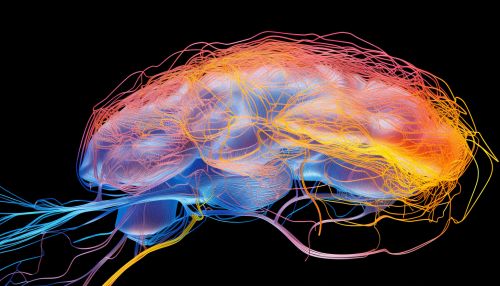Cognitive Mechanisms of Judgment and Decision Making in Uncertainty
Introduction
Cognitive mechanisms of judgment and decision making in uncertainty refer to the mental processes that individuals utilize when making choices in situations where the outcomes are not certain. This field of study is a sub-discipline of cognitive psychology, which focuses on understanding the mental processes that underlie human behavior. The study of these mechanisms is crucial in various fields such as economics, psychology, and neuroscience, among others.


Cognitive Mechanisms
Cognitive mechanisms are the mental processes or systems that facilitate our ability to think, learn, understand, and make decisions. These mechanisms include perception, memory, attention, and reasoning, among others. In the context of judgment and decision making in uncertainty, these mechanisms play a crucial role in how individuals interpret information, evaluate options, and ultimately make decisions.
Perception
Perception is the cognitive mechanism that allows individuals to interpret sensory information and make sense of their environment. In uncertain situations, perception plays a significant role in how individuals interpret the information available to them. For example, individuals may perceive the same uncertain situation differently based on their previous experiences, beliefs, and expectations.
Memory
Memory is another crucial cognitive mechanism involved in judgment and decision making in uncertainty. Memory allows individuals to store and retrieve information from past experiences, which can significantly influence their decision-making process. For instance, individuals are more likely to make decisions based on past experiences that resulted in positive outcomes.
Attention
Attention is the cognitive mechanism that allows individuals to focus on specific information while ignoring other irrelevant information. In uncertain situations, attention can significantly influence the decision-making process. For instance, individuals may focus on certain aspects of the situation while ignoring others, which can impact their judgment and decision making.
Reasoning
Reasoning is the cognitive mechanism that allows individuals to make logical deductions and inferences based on the information available to them. In uncertain situations, reasoning plays a crucial role in how individuals evaluate the available options and make decisions.
Decision Making in Uncertainty
Decision making in uncertainty refers to the process of making choices in situations where the outcomes are not certain. This process involves several cognitive mechanisms, including perception, memory, attention, and reasoning, among others.
Heuristics and Biases
In uncertain situations, individuals often rely on heuristics, or mental shortcuts, to make decisions. These heuristics can significantly influence the decision-making process. For instance, the availability heuristic is a mental shortcut that individuals use to estimate the probability of an event based on how easily they can recall similar events from memory.
However, relying on heuristics can also lead to biases in judgment and decision making. For example, the confirmation bias is a tendency for individuals to seek out and interpret information in a way that confirms their preexisting beliefs and expectations.
Risk and Uncertainty
Risk and uncertainty are two key factors that influence the decision-making process in uncertain situations. Risk refers to the variability in the potential outcomes of a decision, while uncertainty refers to the lack of knowledge about the probabilities of these outcomes. Individuals often make decisions based on their perceptions of risk and uncertainty, which can be influenced by various cognitive mechanisms.
Decision Making Models
Several models have been proposed to explain the process of decision making in uncertainty. These models include the expected utility theory, the prospect theory, and the fuzzy trace theory, among others. These models provide a theoretical framework for understanding the cognitive mechanisms involved in judgment and decision making in uncertainty.
Implications and Applications
The study of cognitive mechanisms of judgment and decision making in uncertainty has several implications and applications in various fields. For instance, in economics, understanding these mechanisms can help predict consumer behavior and improve economic models. In psychology, this field of study can provide insights into human behavior and cognitive processes. In neuroscience, it can contribute to our understanding of the neural basis of decision making.
